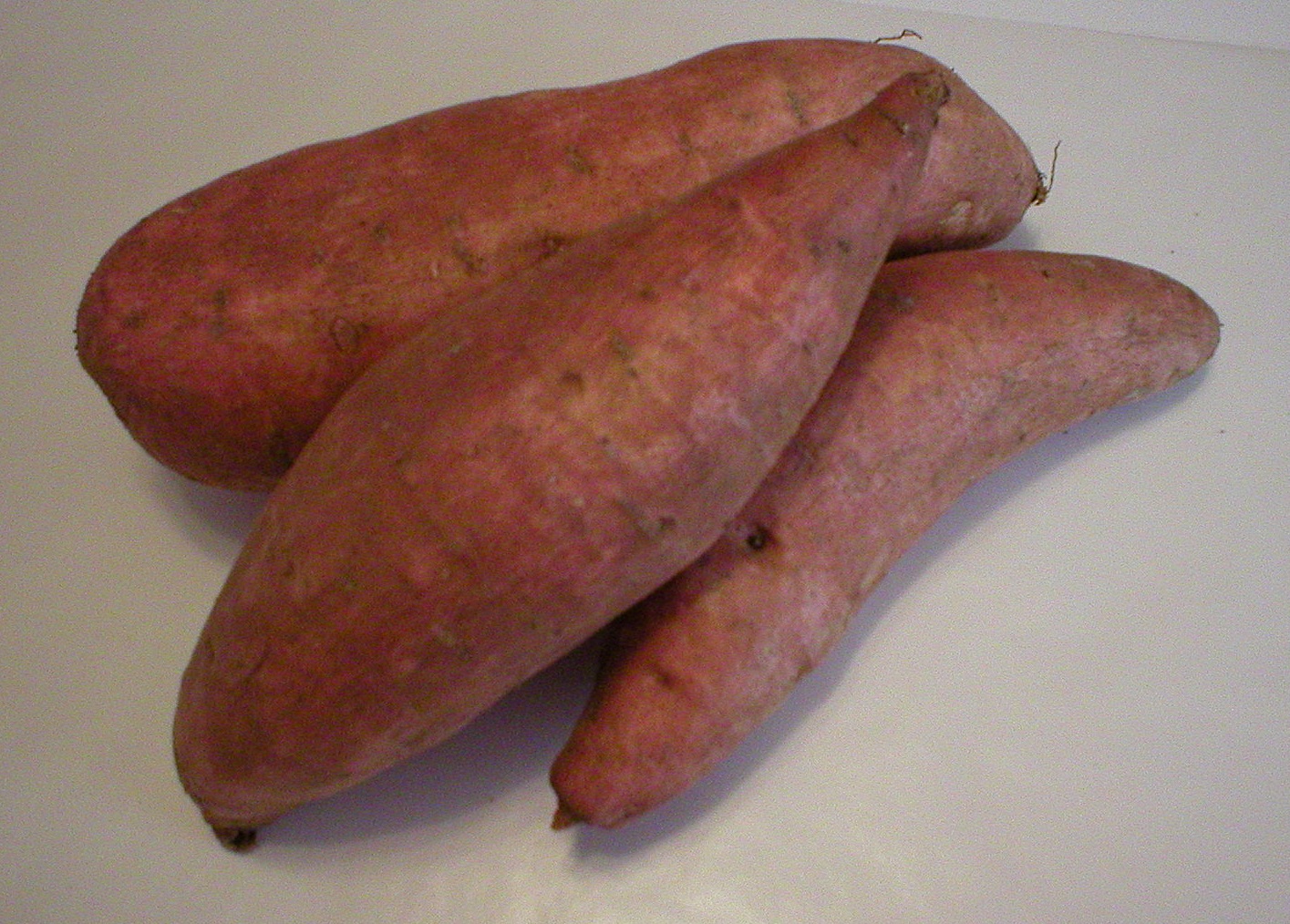Nutrition Facts of Sweet Potatoes
Sweet potatoes are a rich source of vitamins, minerals, and antioxidants. They are high in fiber and low in calories, making them a nutrient-dense food. Sweet potatoes are particularly rich in vitamin A, vitamin C, potassium, and manganese.
Health Benefits of Sweet Potatoes
- Rich in Antioxidants: Sweet potatoes contain various antioxidants, including beta-carotene, which may help protect against chronic diseases such as heart disease, cancer, and diabetes.
- Supports Digestive Health: The high fiber content of sweet potatoes promotes digestive health by preventing constipation and supporting regular bowel movements.
- Regulates Blood Sugar Levels: Despite their sweet taste, sweet potatoes have a low glycemic index, meaning they cause a slower increase in blood sugar levels compared to other starchy foods. This makes them a suitable option for individuals with diabetes or those looking to manage their blood sugar levels.
- Boosts Immune Function: The vitamin C content of sweet potatoes supports immune function, helping the body fight off infections and illnesses.
Promotes Heart Health: Sweet potatoes are rich in potassium, which helps regulate blood pressure and reduce the risk of heart disease.
Culinary Uses of Sweet Potatoes
Sweet potatoes are a versatile ingredient that can be enjoyed in various culinary applications. They can be boiled, baked, roasted, steamed, or mashed. Sweet potatoes can be used in both sweet and savory dishes, including soups, salads, casseroles, pies, and desserts.
Frequently Asked Questions (FAQs)
Are sweet potatoes and yams the same thing?
No, sweet potatoes and yams are two different root vegetables. Sweet potatoes have a sweet flavor and orange flesh, while yams are starchier and have a drier texture. In many cases, what is labeled as “yams” in the United States are actually sweet potatoes.
Are sweet potatoes healthier than white potatoes?
Sweet potatoes and white potatoes both offer nutritional benefits. However, sweet potatoes tend to be higher in fiber, vitamins, and antioxidants compared to white potatoes. Ultimately, both can be part of a healthy diet when consumed in moderation.
Can sweet potatoes be eaten raw?
While sweet potatoes can be eaten raw, they are typically cooked before consumption to enhance their flavor and texture. Cooking sweet potatoes also helps break down certain compounds and makes them easier to digest.
What is the best way to store sweet potatoes?
Sweet potatoes should be stored in a cool, dry, and well-ventilated place away from sunlight. They can be stored at room temperature for up to two weeks or in a cool, dark pantry for longer-term storage.
Can sweet potatoes help with weight loss?
Sweet potatoes are low in calories and high in fiber, making them a filling and satisfying option for those looking to lose weight. Including sweet potatoes in a balanced diet can help promote satiety and prevent overeating.
Can sweet potatoes be included in a gluten-free diet?
Yes, sweet potatoes are naturally gluten-free, making them an excellent option for individuals with gluten sensitivities or celiac disease.
- What To Do After Having Lip Filler - May 23, 2025
- What Are The Best Times To Take CBD Gummy Edibles - May 22, 2025
- How To Achieve A Youthful Look By Correcting A Downturned Smile - May 21, 2025



